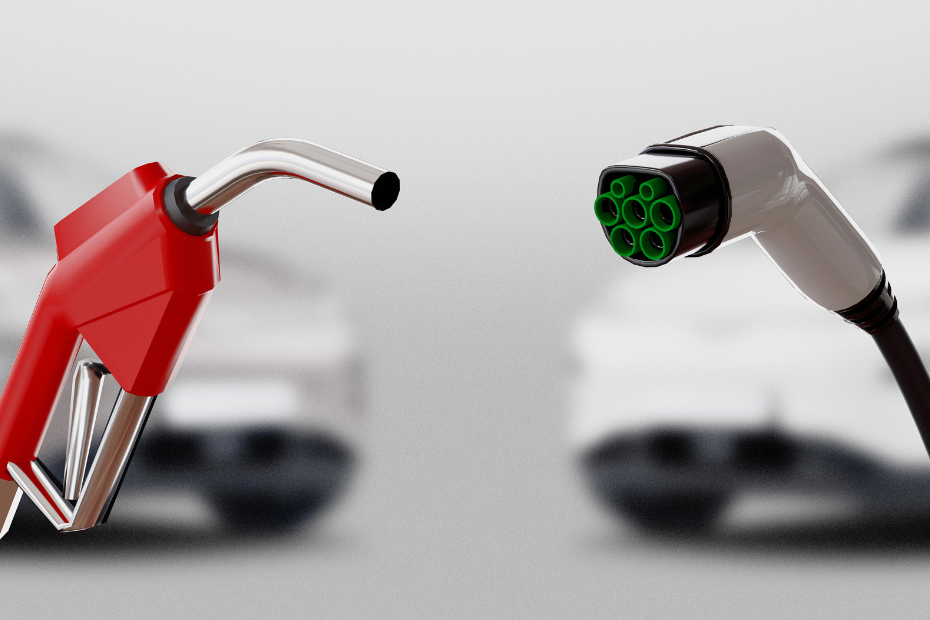Published February 22, 2023 • 4 Min Read
If you’re a first-time car buyer — or an experienced buyer — asking the right questions at the dealership can help prevent unexpected surprises.
It’s important to know what you’re buying, what you’re paying for, and what the warranty protects to get your money’s worth. Here’s how to find out:
Q: Is the car on the lot?
And if not, how long is the wait time?
The pandemic took a toll on the automotive supply chain, and many dealerships across the country are still feeling the effects. As a result, the car you want may not be available for several months.
According to JD Power, while more new vehicles are being delivered to dealerships, there still aren’t enough to meet customer demand. Some dealers say over the past few years, customers have waited up to 24 months to get their vehicles — especially if there are specific wants like to trim or colour.
It’s frustrating to have your ideal vehicle picked out, only to have to wait months to drive it. You can bypass this annoyance by asking if your vehicle is on the lot and ready to be driven as soon as you sign on the dotted line. If that’s not an option, ask how long the wait time might be. If that doesn’t align with your needs, don’t be afraid to look elsewhere.
Q: What are the terms of the warranty?
Your car warranty is basically a promise from the manufacturer to cover the costs of defects with your vehicle for the duration of the contract.
All car manufacturers typically provide warranty coverage for new vehicles, but the length of their agreement varies.
-
The average warranty for a new vehicle in Canada is three years or 60,000 km, whichever comes first.
-
Repairs will come out of your pocket after the warranty expires — unless you purchase an extended warranty, which lengthens your coverage.
Longer warranties will offer peace of mind to new car owners, but it’s important to note that there may be exclusions in these contracts. They won’t cover everything. For example:
-
Damage caused due to an accident, whether or not you were at fault, isn’t included in a typical car warranty.
-
Regular maintenance, such as oil changes and tire rotations, likely won’t be covered.
-
Damage caused due to a failure to uphold safety measures is often excluded.
Q: How vulnerable is it to long-term wear and tear?
Cars can deteriorate over years of daily use, and some are more vulnerable than others. It’s good to know if your car might require more maintenance than a regular oil change and tire rotation. Research how the make and model hold up over time.
Ask your dealer for some insider insights into how to maintain your particular vehicle to avoid wear and tear. This could save you stress down the line.
In the same breath, it’s not easy to find replacement parts for some cars. And the older your vehicle gets, the more trouble you may have getting replacement parts. If you plan on hanging on to your car for a long time, this might become a problem. While you’re looking into the long-term durability of your model, make sure to ask about the prices of their replacement parts as well.
Q: How much mileage is on the vehicle?
This is a good question to ask for both new and used vehicles. Even for new vehicles, test drives can increase the mileage if the vehicle has been on the lot for a while.
The last thing you’d want is to drive your car off the lot and get an unpleasant surprise from the odometer. Understanding how long the car has been on the road can help you set the price you’re willing to pay and create a plan for its maintenance in the long term.
Cars with over 20,000 km per year are often considered “overdriven,” making them more prone to mechanical issues. So, as an example, be cautious about a 10-year-old car with 200k kilometres. Another rule of thumb is that a car with over 300k kilometres is generally considered close to the end of its life — if your prospective vehicle has a similar mileage, you could take it to a mechanic to get a second opinion on its durability.

This article is intended as general information only and is not to be relied upon as constituting legal, financial or other professional advice. A professional advisor should be consulted regarding your specific situation. Information presented is believed to be factual and up-to-date but we do not guarantee its accuracy and it should not be regarded as a complete analysis of the subjects discussed. All expressions of opinion reflect the judgment of the authors as of the date of publication and are subject to change. No endorsement of any third parties or their advice, opinions, information, products or services is expressly given or implied by Royal Bank of Canada or any of its affiliates.
Share This Article






